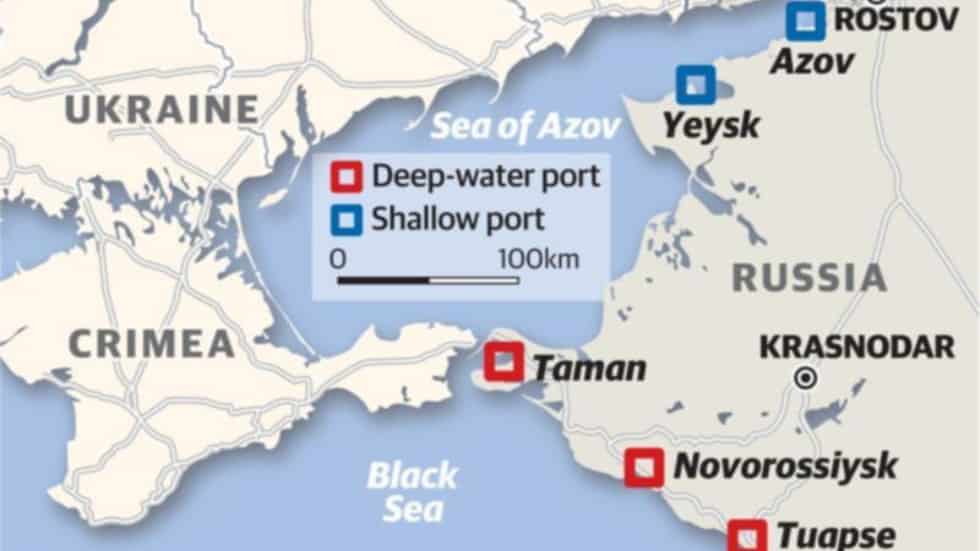Russia has offered to relax its blockade of Ukraine’s Black Sea ports, but only in exchange for sanctions relief from the West, amid fears that the war raging in Eastern Europe is driving a major international food crisis.
The Russian Foreign Ministry made the proposal on Thursday, after United Nations Secretary-General Antonio Guterres said Moscow was to blame for global food shortages, insisting it “must permit the safe and secure export of grain stored in Ukrainian ports.”
“There is no effective solution to the food crisis without reintegrating Ukraine’s food production, as well as the food and fertilizer produced by Russia and Belarus, into world markets – despite the war,” he added.
Both Russia and Ukraine are major grain suppliers, with Turkey, Iran, Bangladesh and Egypt buying the majority of their wheat from the two countries. Poorer nations in the Middle East and North Africa also heavily depend on such imports, including Yemen, Libya, Pakistan, Lebanon and Tunisia.
Russian Deputy Foreign Minister Andrey Rudenko later responded, arguing his country is not solely responsible for the burgeoning food emergency while pointing to Western sanctions blocking the export of grain and fertilizers.
“You have to not only appeal to the Russian Federation but also look deeply at the whole complex of reasons that caused the current food crisis,” he said, slamming US and European sanctions which “interfere with normal free trade, encompassing food products including wheat, fertilizers and others.”
The UN chief also urged for an end to sanctions targeting Moscow’s agricultural sector, saying “Russian food and fertilizers must have unrestricted access to world markets without indirect impediments.”
Moscow’s call for sanctions relief has yet to receive a public response from Washington or Brussels, but it coincided with reports that the White House is now looking to provide advanced anti-ship missiles to the Ukrainian military to break the blockade by force, as well as the passage of a new $40 billion aid package, the largest of its kind since Russia’s invasion kicked off in late February. The Joe Biden administration has favored heavy sanctions and arms shipments over diplomatic outreach throughout the conflict, and appears unlikely to entertain the Russian offer.






























